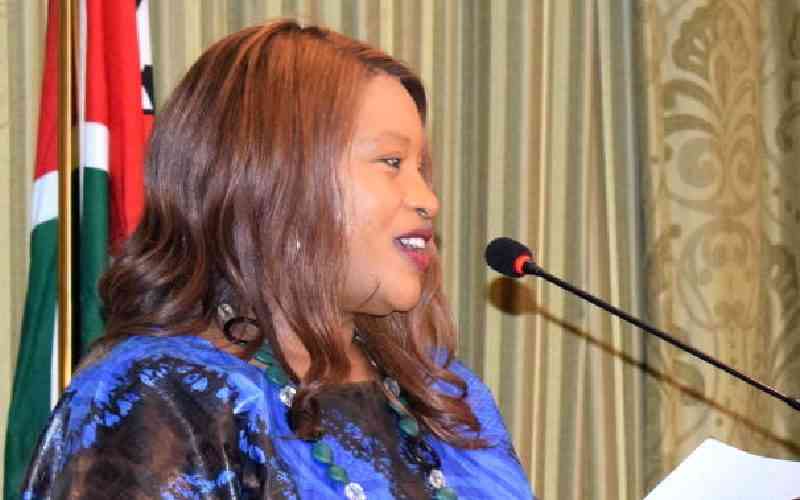×
The Standard e-Paper
Join Thousands Daily

Human rights activists and other media industry captains are calling on media houses in Kenya to ensure inclusion in their coverage of political issues ahead of the August 2022 general election.
The call was made during a high-level four-hour consultative meeting on advocacy to ensure gender-sensitive and inclusive reporting.